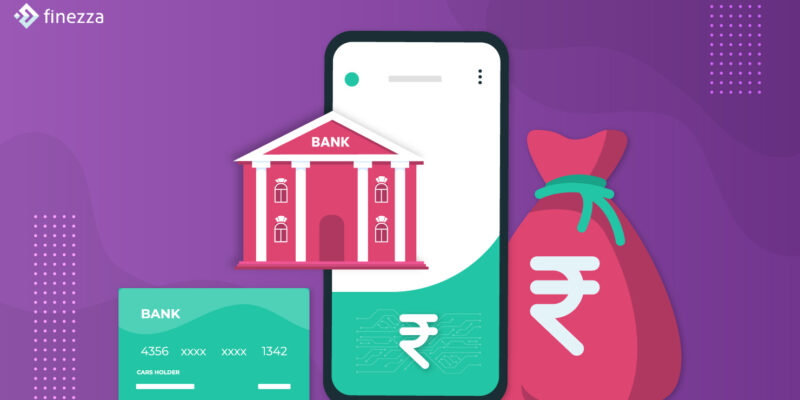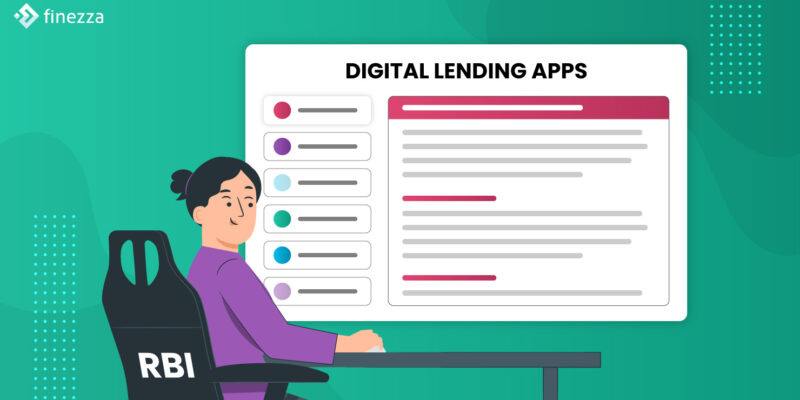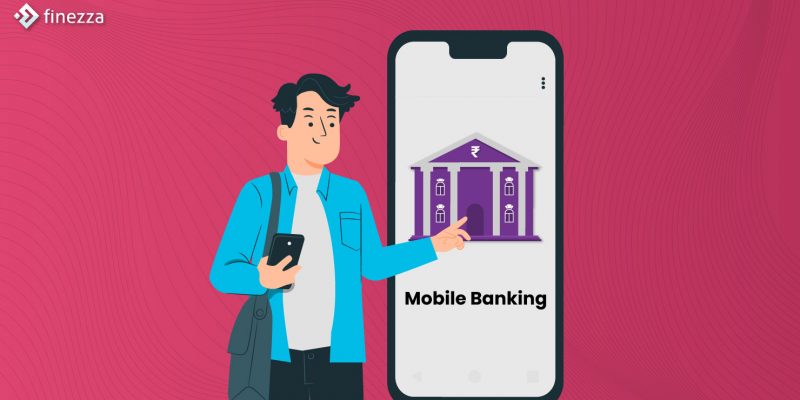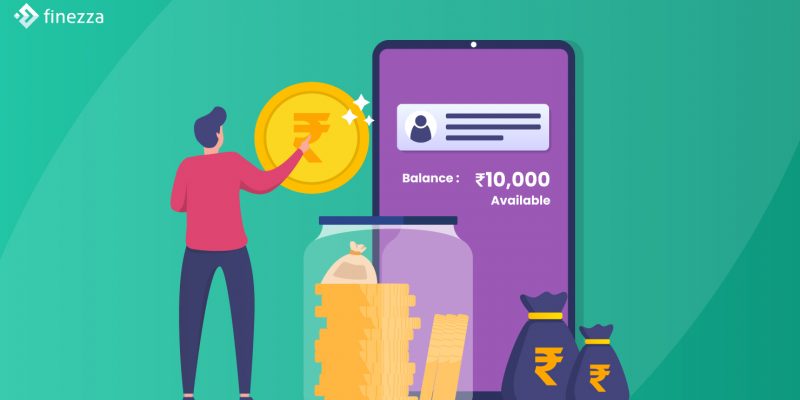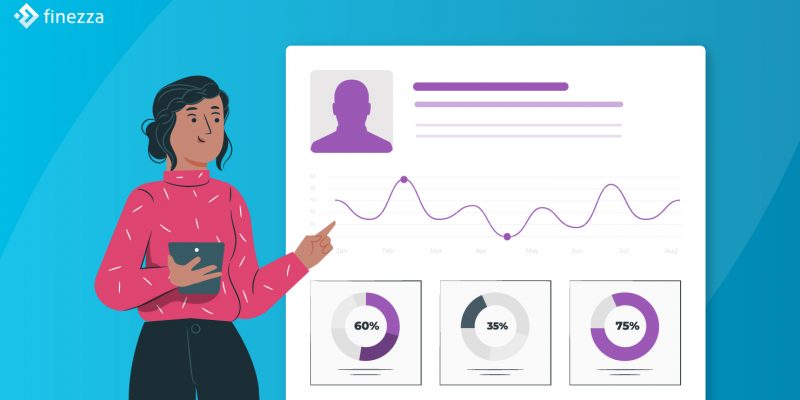COVID-19 led to a disruption in different sectors, and banking is no exception. Nonetheless, with the application of Open Banking in the field, banks have found their way back to stability. The recent waves of digitisation have broadened the scope of significant technological changes in the banking sector. Be that as it may, well-established banks […]
RBI’s Surveillance of Digital Lending Apps: Productive or Obstructive?
The Indian digital lending sector, an industry virtually non-existent nearly a decade back, has grown by leaps and bounds in the last three to four years. The market valued at $14 billion in 2013, is expected to reach $350 billion by 2023 and $1.3 trillion by 2030. An enormous credit demand in the economy fuelled […]
Why Are Businesses Still Unprepared to Handle Virtual Cards?
Credit cards have always been a risky means of payment. There is always the possibility of loss, theft or misuse. Enter the virtual credit card. It is a digital proxy card ID that can be used instead of your physical credit card. They are a number of ways to avoid divulging personal information and overspending. […]
Effects of Mobile Banking on Digital Economy: Boon or a Curse?
Mobile banking has become a popular way for consumers to perform banking tasks today—from depositing checks and transferring money between accounts to paying their bills and setting up automatic payments. In fact, 82% of bank clients believe mobile applications enhance their financial lives. So what is the effect of this mobile banking boom on […]
Top 6 Pros and Cons of CBS in Banking
Financial transactions are much easier and more convenient today than in the 1970s. From anywhere, one can withdraw money from their bank accounts, open fixed deposits, or even trade on the stock market. Thanks to the CBS in banking industry, all of these faceless, timeless, and paperless transactions are now possible. Core banking software (CBS) […]
How Gromor Is Leveraging Account Aggregator to Upgrade Its Lending Process
Account aggregators are RBI-regulated entities that collect financial data from Financial Information Providers (FIP) like banks and tax departments and give access to Financial Information Users (FIU) like investment firms with customer consent. As many as 61% of the bank executives believe that a customer-centric model is “very important” in today’s digital age, as per […]

